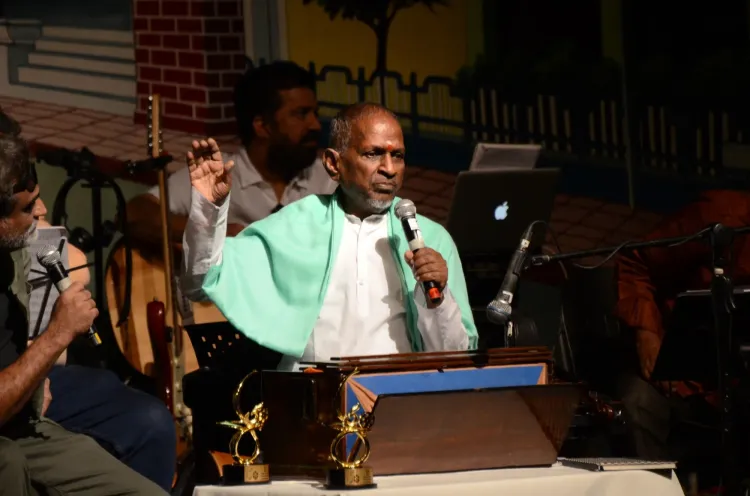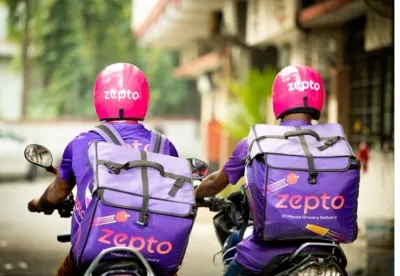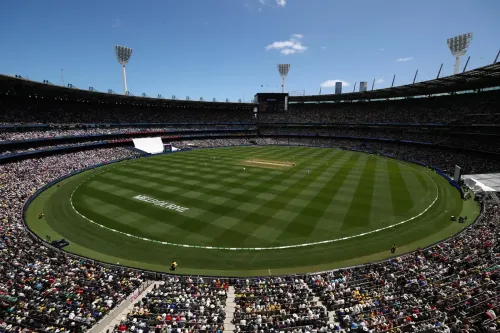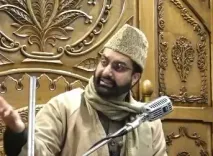Is Music Maestro Ilaiyaraaja Fighting for His Musical Ownership?

Synopsis
Key Takeaways
- Ilaiyaraaja asserts ownership of his musical works.
- Producers cannot sell or license music without consent.
- The case addresses important issues of intellectual property in the arts.
- Financial implications for producers are significant.
- Legal clarity is needed in music ownership disputes.
Chennai, Nov 6 (NationPress) The renowned music maestro Ilaiyaraaja asserted in the Madras High Court on Thursday that film producers lack the authority to sell or license his musical compositions to music labels or third parties without his direct consent.
During the proceedings with Justice N. Senthilkumar, the composer’s lawyer A. Saravanan maintained that Ilaiyaraaja’s musical creations are his intellectual property and should not be classified as assets belonging to the producers.
Saravanan argued that no employer-employee relationship exists between the composer and any film producer. He clarified that the payments made to him were intended to cover the expenses for musicians, recording engineers, and technical personnel, rather than for transferring ownership of his musical works.
“A cinematograph film and its musical score are distinct entities. While producers can manage the overall film, they cannot sell the rights to the music separately without my client's approval,” he emphasized.
The lawyer highlighted that Ilaiyaraaja has never relinquished his rights to any of his songs and challenged music labels to provide proof otherwise.
He further accused current users of his compositions of “distorting and mutilating” the original pieces by altering their rhythms and beats to accommodate contemporary trends.
This statement was made during a hearing regarding an application from Telangana-based Mythri Movie Makers, producers of the Ajith Kumar film Good Bad Ugly (GBU), who are seeking to lift an interim injunction imposed on September 8, 2025, preventing them from using three of Ilaiyaraaja’s cherished compositions — Otha Ruba Tharen from Nattupura Pattu (1996), Ilamai Idho Idho from Sakalakala Vallavan (1982), and En Jodi Manja Kuruvi from Vikram (1986).
Senior counsel P.V. Balasubramaniam, representing the production company, argued that his client legally acquired the rights to use these songs from various music labels, paying amounts ranging from Rs 10 lakh to Rs 40 lakh for each.
He explained that the firm is currently facing financial difficulties due to the injunction, despite acting in good faith.
Lawyers representing the music labels claimed that they had obtained the rights several decades ago from major studios such as AVM Productions, asserting that Ilaiyaraaja had not signed any agreements preventing those producers from selling the rights. They argued that if the composer had any grievances, they should be directed toward the original film producers, not the labels or subsequent users.
In response, Saravanan insisted that anyone wishing to utilize Ilaiyaraaja’s music must seek his direct permission.
“If others have been misled into making payments to music labels without verifying rightful ownership, it is not my client's responsibility,” he stated. After hearing all arguments, Justice Senthilkumar reserved judgment on the request to annul the injunction.










